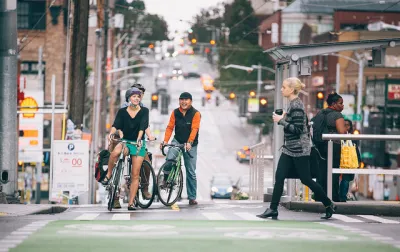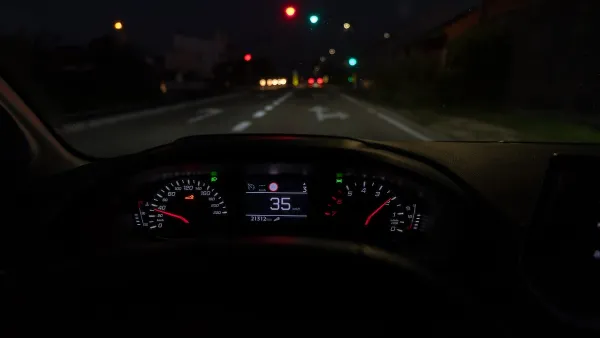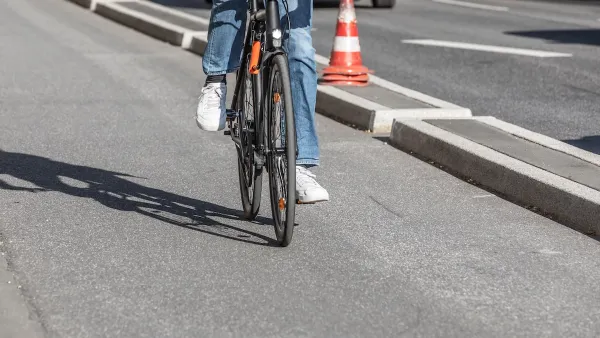Revenue from Washington's traffic enforcement cameras will go in part toward efforts to assist small communities in applying for grants and accessing funding opportunities.

Revenue from Seattle's traffic camera program earmarked for "bicycle, pedestrian, and nonmotorist safety improvements" will likely go toward capacity-building efforts geared at helping communities apply for grants and acquire funding for bike and pedestrian projects. As Ryan Packer reports, Washington's Traffic Safety Commission has proposed the plan as an alternative to using the funding to benefit a minimal number of individual projects.
According to a report from Washington DOT, "jurisdictions around the state are either unaware of the funding available from these programs, or lack knowledge of best practices around submitting an application." The plan aims to enable communities to submit strong applications and ensure they are aware of potential opportunities, which will serve to build institutional knowledge and financial resilience into the future.
WSDOT Director of Active Transportation Barb Chamberlain points out the highly competitive nature of the state's grants, calling for more funding from the state legislature for grant programs like Safe Routes to School. Since 2005, just 25 percent of applications for bike and pedestrian programs were funded. As the article states, "According to WSDOT, since 2005, only 45%, or 121, of the 281 incorporated cities and towns in Washington have received funding through the programs."
The source article details the governor's proposed budget increases and projected revenue from automated traffic enforcement, which Packer calls a "vital tool" for reimagining traffic enforcement and reducing police interactions.
FULL STORY: Seattle’s Traffic Camera Funds Earmarked for Statewide “Capacity Building” Efforts

Analysis: Cybertruck Fatality Rate Far Exceeds That of Ford Pinto
The Tesla Cybertruck was recalled seven times last year.

National Parks Layoffs Will Cause Communities to Lose Billions
Thousands of essential park workers were laid off this week, just before the busy spring break season.

Retro-silient?: America’s First “Eco-burb,” The Woodlands Turns 50
A master-planned community north of Houston offers lessons on green infrastructure and resilient design, but falls short of its founder’s lofty affordability and walkability goals.

Test News Post 1
This is a summary

Analysis: Cybertruck Fatality Rate Far Exceeds That of Ford Pinto
The Tesla Cybertruck was recalled seven times last year.

Test News Headline 46
Test for the image on the front page.
Urban Design for Planners 1: Software Tools
This six-course series explores essential urban design concepts using open source software and equips planners with the tools they need to participate fully in the urban design process.
Planning for Universal Design
Learn the tools for implementing Universal Design in planning regulations.
EMC Planning Group, Inc.
Planetizen
Planetizen
Mpact (formerly Rail~Volution)
Great Falls Development Authority, Inc.
HUDs Office of Policy Development and Research
NYU Wagner Graduate School of Public Service




























